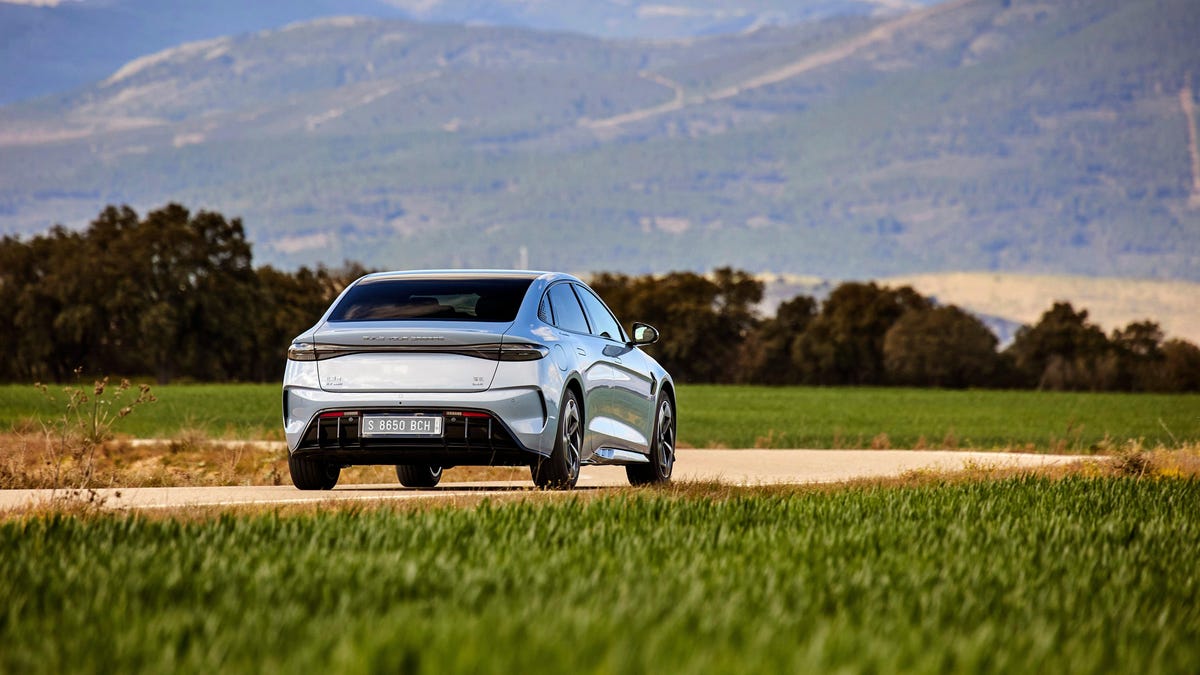American automakers have long feared Chinese competition, worrying that cheaper cars built just as well would knock the floor out of a profitable industry. Now, regulators have found a way to protect American brands by outright banning Chinese cars — or automotive hardware or software — used for communications or autonomous driving.
The rules don’t take full effect until 2029, though the software ban hits two years earlier. The bans affect Chinese and Russian cars, preventing manufacturers from the countries from selling anything too high-tech in the American market. The excuse is one of national security, claiming that connected vehicles manufactured by “foreign adversaries” present an “unusual and extraordinary” threat to the country. From the new rule:
As discussed below, the PRC and Russia are able to leverage domestic legislation and regulatory regimes to compel companies subject to their jurisdiction, including carmakers and their suppliers, to cooperate with security and intelligence services. Such control over companies and their products and services means that their equipment is easily exploitable by PRC and Russian authorities. The privileged access that the PRC and Russia may gain to connected vehicles through their components, including software and hardware, could enable those foreign adversaries to (1) exfiltrate sensitive data collected by connected vehicles and (2) allow remote access and manipulation of connected vehicles driven by U.S. persons.
[…]
Laws promulgated in recent years provide the PRC government increased oversight and control over PRC-based companies and their foreign subsidiaries, providing a lever for influence over corporate operations that further exacerbates the threat that the PRC poses to U.S. national security. These laws require PRC-based companies, wherever located, to comply with certain access and information requests upon demand from the PRC and therefore could be used by the PRC to obtain business or other data from PRC-based companies involved in the connected vehicle supply chain.
Given that the big scary threat here is functionally just a subpoena — a legal order to provide documents, information, or testimony, which happens all the time here in the good ol’ U.S. of A — it’s likely that protectionism is at least as much a driver of this law as any security fears. Yet, according to Reuters, industry groups that represent American automakers have protested the rule in hopes of getting more time to meet the hardware ban’s requirements. In our modern world of global supply chains, entirely divesting from a high-producing nation like China is tough.
If automakers pull it off, though, they’ll have a market all to themselves here in the United States. Without competition from China, they’ll never have to increase quality or decrease costs in their offerings from where things are right now. Adam Smith, the father of modern capitalism, derided anticompetitive government intervention like this:
All systems, either of preference or of restraint, therefore, being thus completely taken away, the obvious and simple system of natural liberty establishes itself of its own accord. Every man, as long as he does not violate the laws of justice, is left perfectly free to pursue his own interest his own way, and to bring both his industry and capital into competition with those of any other man, or order of men.
Have our modern capitalists not done their homework, or is a genuinely free and fair market not in their interests? Do they value their personal profit over the quality of their products, their relationships with their customers, and the overall health of the economy? Is that a dumb question?


